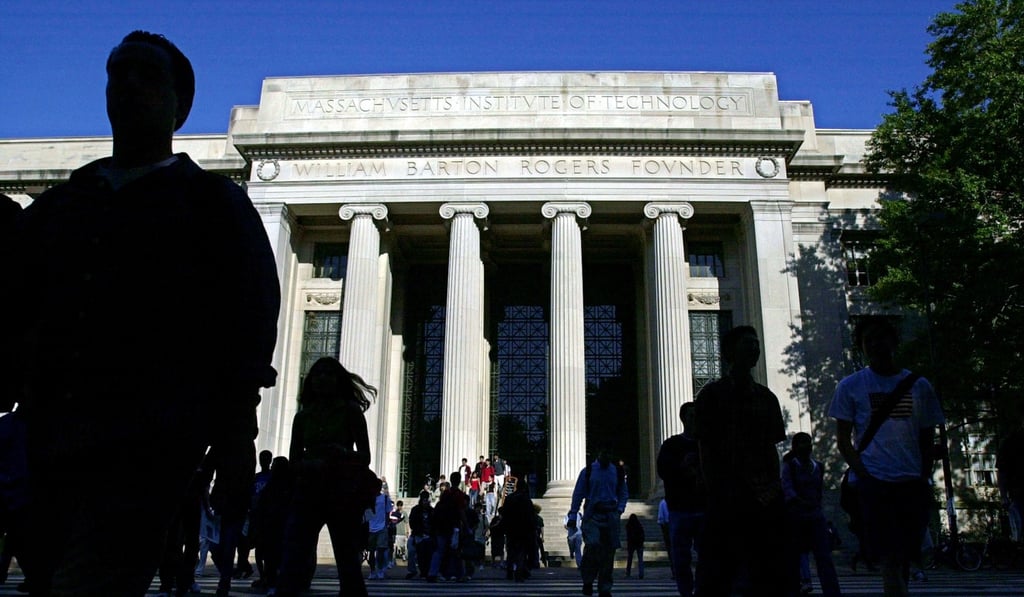Stanford, MIT, Johns Hopkins University and Waterloo University eye Hong Kong as regional base for stem cell research
Stanford, Massachusetts Institute of Technology, Johns Hopkins University and Waterloo University want to form a consortium in the city to engage in biotechnology R&D, source says – but hurdles remain

Four world-renowned universities are eyeing Hong Kong as a stronghold in Asia for developing cutting-edge stem cell research as the city’s financial chief is expected to announce incentives to make it easier for foreign research institutions to invest in innovation and technology locally, the Post has learned.
An industry source said Stanford University, Massachusetts Institute of Technology and Johns Hopkins University in the United States, and Waterloo University in Canada, would like to form a consortium in Hong Kong to engage in biotechnology research and development.

“The universities found that the Karolinska Institute’s development model was successful and they are still looking out for donations,” the source said.